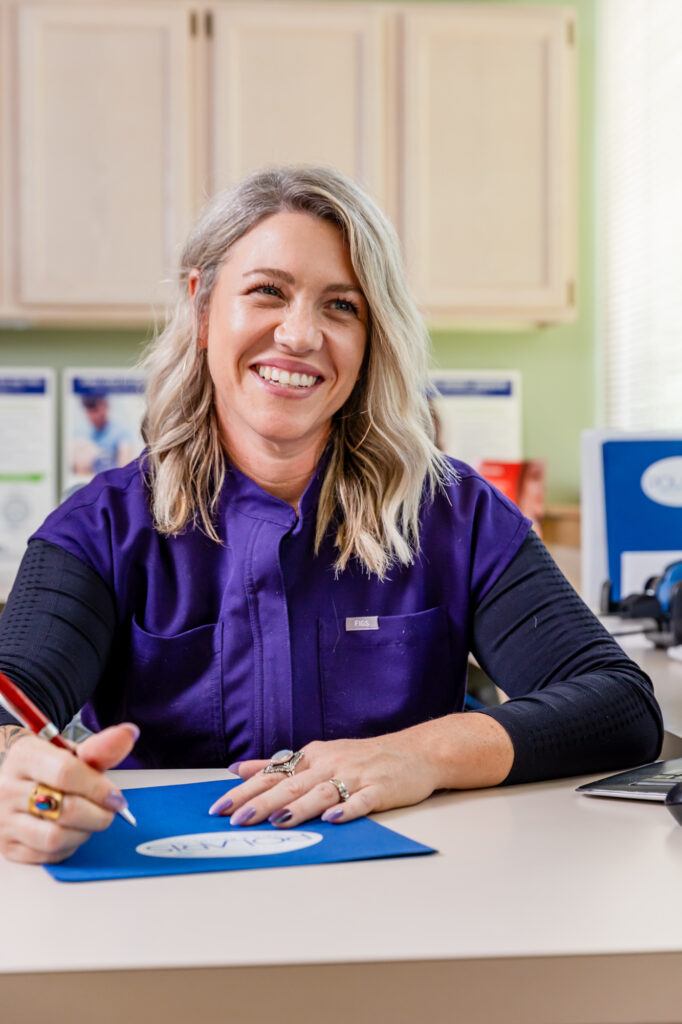
If you have varicose veins in Columbus, Ohio, you might be tempted to ignore them and postpone treatment. They’re just veins, right? They don’t look pretty, but what’s the worst that could happen? Columbus Vein Center is familiar with this kind of thinking, and we understand where you’re coming from. Vein treatment can be time-consuming and intimidating, but it’s important to consult with a vein expert who can evaluate your varicose veins to make sure they’re not serious. If your varicose veins are severe, they can lead to other health problems:
What are the complications of varicose veins?
Varicose veins occur as the walls and valves of your veins become weaker. When your veins weaken, they lose the ability to circulate blood as well as they used to. As a result, blood starts to pool in veins near the bottom of your body, which is why they become enlarged. This pooling of blood in your legs creates a strain on your veins that can lead to other health problems.
Varicose vein complications are extremely rare, but they can lead to the following:
Ulcers
If left untreated, varicose veins may lead to the development of ulcers in your lower calves and ankles. These ulcers are caused by long-time fluid buildup in your leg tissue. Ankle ulcers that result from varicose veins usually first appear as discolored skin. If you notice your ankle is discolored, you should seek medical attention.
Blood Clots
Untreated varicose veins also increase your risk of blood clots. When you have varicose veins on the surface of your leg, sometimes the veins deep in your leg will become enlarged as well. If your leg starts suddenly swelling considerably, it could indicate that you have a blood clot. Always consult a doctor immediately if you suspect you’ve developed a blood clot.
Bleeding
Since varicose veins are enlarged and bulge from the surface of your skin, they can burst and cause bleeding. The bleeding is usually minor, but you should consult with a vein specialist if your varicose veins are bleeding, as this indicates they are severe.
Can my varicose veins go away by themselves?
In most cases, varicose veins will not go away by themselves. Once varicose veins have developed, they usually only get worse. Unfortunately, if you leave them untreated, they can lead to the complications described above.
There are, however, a few unique situations when your varicose veins could go away by themselves. If your varicose veins developed because of a known cause like pregnancy or sudden weight gain, they may go away after you have your baby or lose weight. It’s always best to consult with a vein specialist who can give you their professional opinion.
Can varicose veins reoccur after treatment?
If a varicose vein has been treated properly, it usually doesn’t come back. Other veins in your legs; however, can become diseased over time. If you’re predisposed to develop varicose veins due to genetics, age, obesity, or other factors, you may need multiple varicose vein treatments over the years.
If you have varicose veins, it’s important to seek treatment so they don’t cause further health problems. Some diseased veins only pose cosmetic concerns, but it’s best to consult with a vein specialist who can give you advice and help you avoid serious complications. Contact Columbus Vein Center at (614) 215-9026 to schedule a consultation today.

